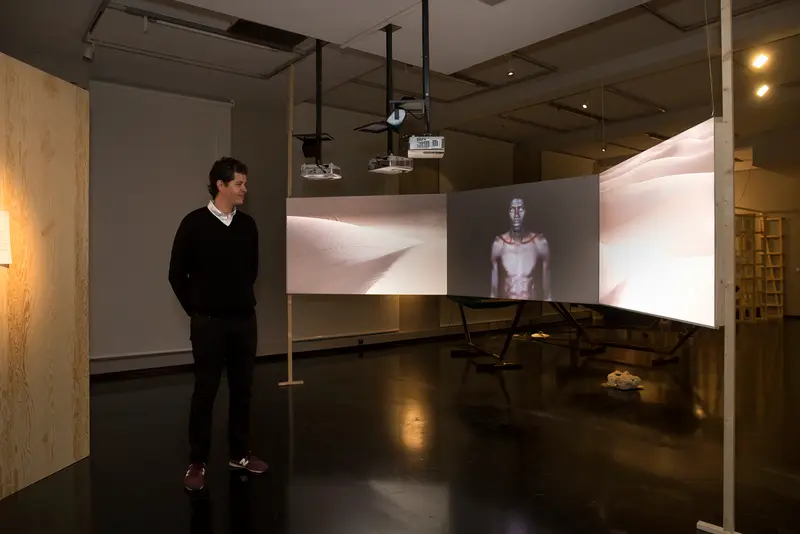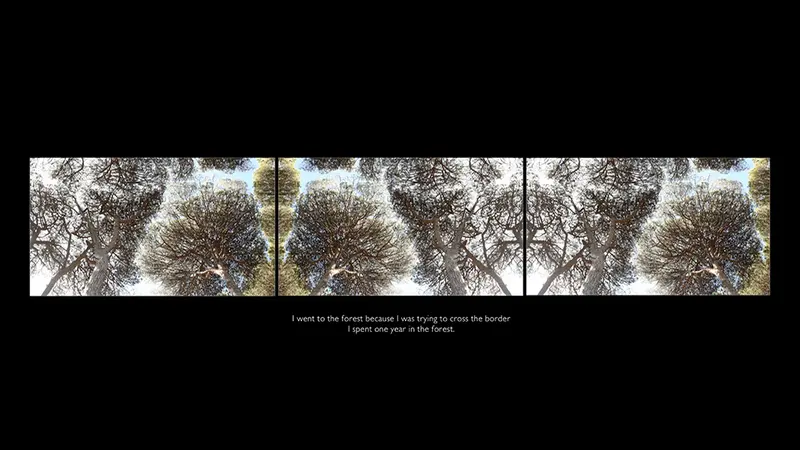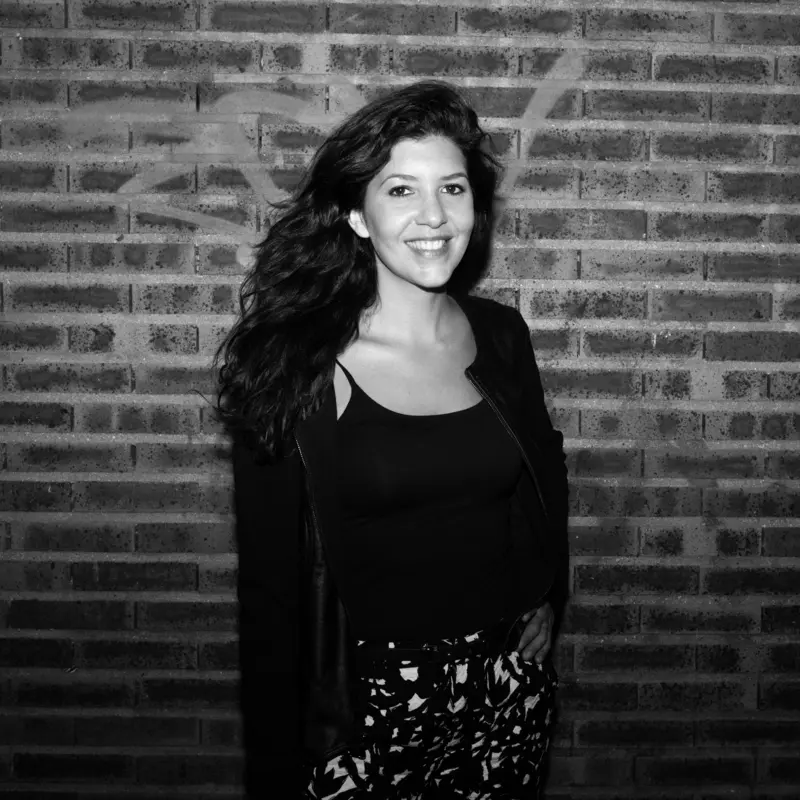text 5
Vita / Bio / Life
Leila ALAOUI is a French-Moroccan photographer and video artist whose experiences across different cultural and geographic environments inform her critical and creative practice. Born in Paris in 1982, she studied photography at the City University of New York before spending time between Morocco and Lebanon. Her work explores the construction of identity and cultural diversity, often through the prism of the migration stories that intersect the contemporary Mediterranean. Her images express social realities using a visual language that combines the narrative depth of documentary storytelling and the aesthetic sensibilities of fine art.
Her work has been exhibited internationally in galleries and fairs since 2009, including at the Institut du Monde Arabe and the Maison Européenne de la Photographie in Paris, Muntref in Buenos Aires, Brandts in Odense, Art Dubai, and the Dakar and Marrakech Biennales. Her photographs have been published in newspapers and magazines including The New York Times, Vogue and The Guardian. Leila’s humanitarian engagement involves photographic assignments with respected NGOs including Search for Common Ground, the Danish Refugee Council and UNHCR.
In January 2016, during a photographic assignment on women’s rights in Burkina Faso commissioned by Amnesty International, Leila fell victim to the terrorist attacks of Ouagadougou. She succumbed to her wounds on January 18th, 2016.
The Leila Alaoui Foundation has been set-up to preserve her work, defend her values and continue inspiring artistic engagement for human dignity.
http://www.leilaalaoui.com


